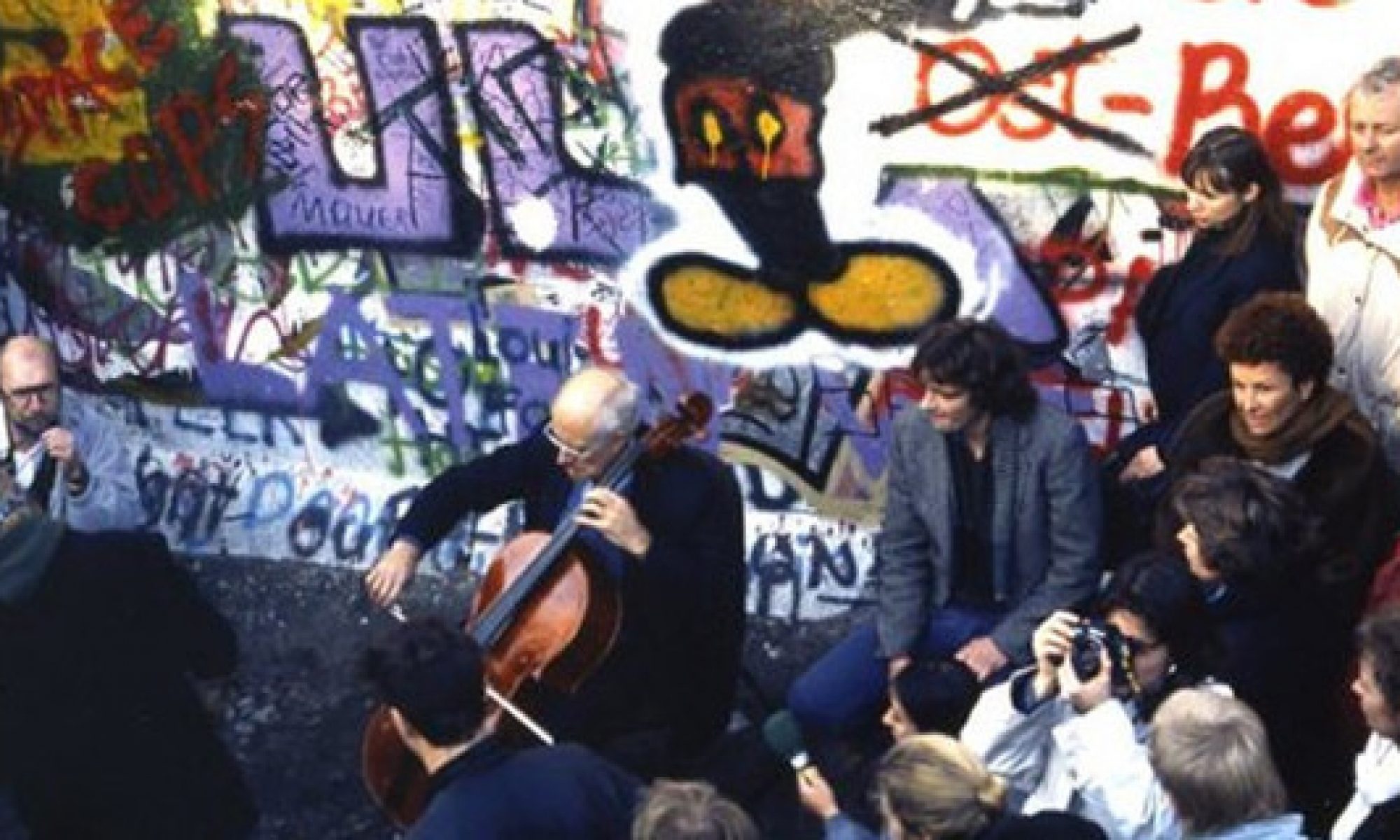David Bowie and Glam Rock created a platform for music to be experienced in a different way than had been previously seen within “mainstream” music. He believed that every performance was a way to express himself, and he relied on various personas to make his music come alive, rather than solely performing as himself to an audience. As we saw in the video “Ziggy Stardust” he experiments with various makeup looks and costuming for his musical performances. I found it interesting that Bowie’s Glam Rock performances seemed to be so well received by the audience in the “Ziggy Stardust” video. I think my surprise came from the fact that my understanding of Rock and Roll was always that it was for younger generations of people who wanted to “stick it to the man”, to use a colloquial phrase. However musical theater, at least to me, was always perceived to be for wealthy people of an older generation. In the book Performing Glam Rock, the author Auslander states that musical theater and Rock and Roll had a tepid relationship beginning in the 1960s. As we had discussed in class before, Rock and Roll became an outlet for expression regarding the problems in the world, especially for the younger generations. Whereas, like Auslander states, the musical theater had longtime reflection a conservative political view that often aligned with political leaders’ ideological propaganda. So, for me to see these two things come together and be so popular it was very interesting. Now Bowie did gain some criticism because people from the rock scene didn’t buy his authenticity as a rock artist. Reading that people critiqued his music because they didn’t believe that he was dedicated enough to Rock and Roll music is where the connection to the other content from class solidified for me. Throughout our discussions, we have been trying to pinpoint how these different genres of music resonate with people politically, and even in some cases try to decide what “good” music is. Where Bowie is concerned I feel like people were trying to do the same thing to his music, but he wanted to create a piece of artwork that wasn’t supposed to be anything but entertaining. He even says that “what I’m doing is theater and only theater,” meaning it was meant to entertain an audience and allow him to take on other personas that weren’t is own. This does not mean that his music did not elicit any sort of political ideals. Bowie’s music, as well as his interactions with the media, spark discussions about sexuality, gender norms, and self-identity, unlike anything that was really seen before. In his interview with Playboy that is quoted in “I Have No Message Whatsoever,” Bowie discusses his sexuality, and how people have these many misconceptions about bisexuality. He also discusses how gender norms became apparent when he went to the U.S. and everyone just assumed he was gay because he had makeup on. I found this particularly interesting because in class we have seen gender appear before, but it was only in terms of binary genders and their corresponding gender norms. Where Bowie uses the term androgynous alluding to the possibility of gender as a spectrum. He even states that he was really the first person to start these conversations with an open dialog. It was fascinating to see the progression music has made from where we began to this current time period circa the late 1900s. I think it would be interesting to discuss these ideas that Bowie raises about gender and sexuality. Also, I’m curious to see if others in the class had any thoughts on the role of media and technology in Bowie’s Rock and Roll career.


Music and Politics in 20th c Europe (HIST 315 F19)
Sing the song of your people!